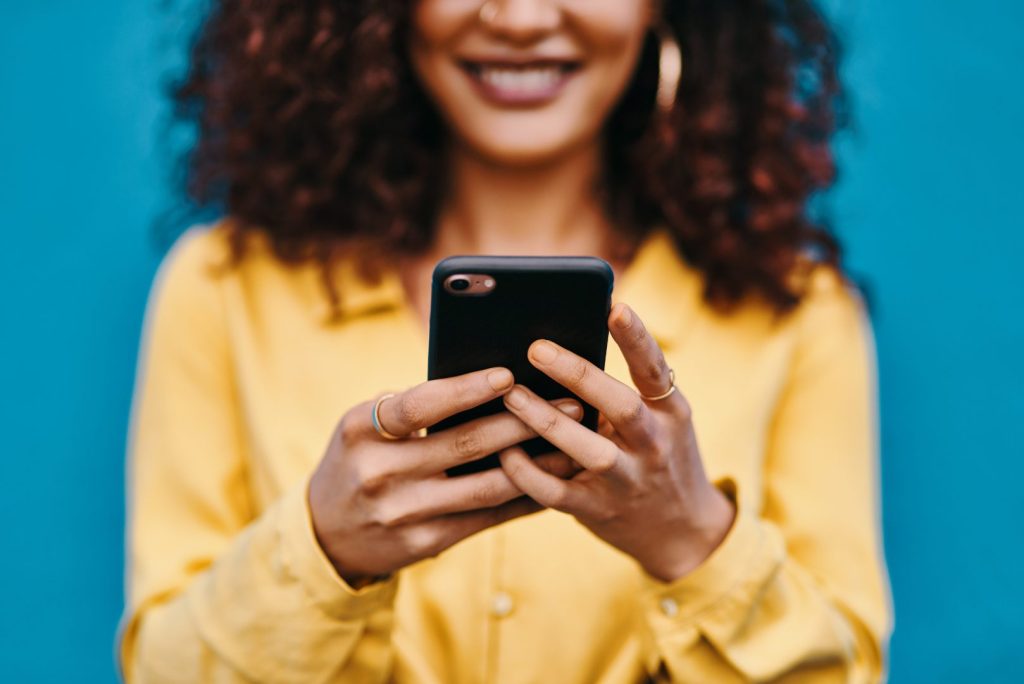It’s easy to forget that social media is a recent addition to our lives. In a little under two decades, social media platforms have become ubiquitous, offering evermore reasons to spend our spare time browsing and scrolling through them. While platforms from Facebook to TikTok have positively expanded our horizons in some ways, they’re extremely detrimental to our day-to-day lives in others. So how can we find the right balance?
With so many of us having multiple social media accounts to occupy our thumbs and fill the lulls in our daily routine ( the average user in the UK spends 110 minutes per day on social), it can be hard to notice the impact these apps and behaviours can have.
For almost every positive there is a negative. 91% of 16-24 year-olds use the internet for social media, and it has a decidedly mixed impact.
For example, social media opens up young people’s access to health information and social experiences from others around the globe, and has even been shown to strengthen the bonds of in-person adolescent friendships. On the reverse of the coin though, one in five young people report waking up in the night to check their notifications and scroll social feeds. That has a knock-on effect, making them more prone to exhaustion and a lack of concentration at school. And, of course, there’s the issue of cyberbullying, which affects 37% of young people.
Adults have their own experiences with social media. In the UK, 53% say they use social media to keep up with friends and family, while sharing problems with friends and extended social groups (such as peers found online) most often has positive benefits. Unfortunately, close relationships fare less well, with 82% of couples believing that the distraction of social media has a negative impact on the quality of their relationship. What’s more, 88% say that it has changed their communication patterns with their partner.
Social media then can be both a gift and a curse, and finding out how to make it work for us (without letting it take over) is key.
Users of the One Wellbeing platform can set targets that will let them limit social media use, but everyone else should look at the benefits of cutting down on screen time, especially if negative side effects are creeping in. Decreasing screentime gradually over a period of weeks is generally accepted as a good way to start, as is getting out for more face-to-face meetings with friends and generally finding other ways to occupy your time, like hobbies and exercise.
Social media may be everywhere, but making it work for us is vital to creating a healthy relationship with platforms. Set a time to stop looking at apps, remove certain feeds from your phone, make the decision to do other things instead. Your friends and connections will still be there when you want to see them.
